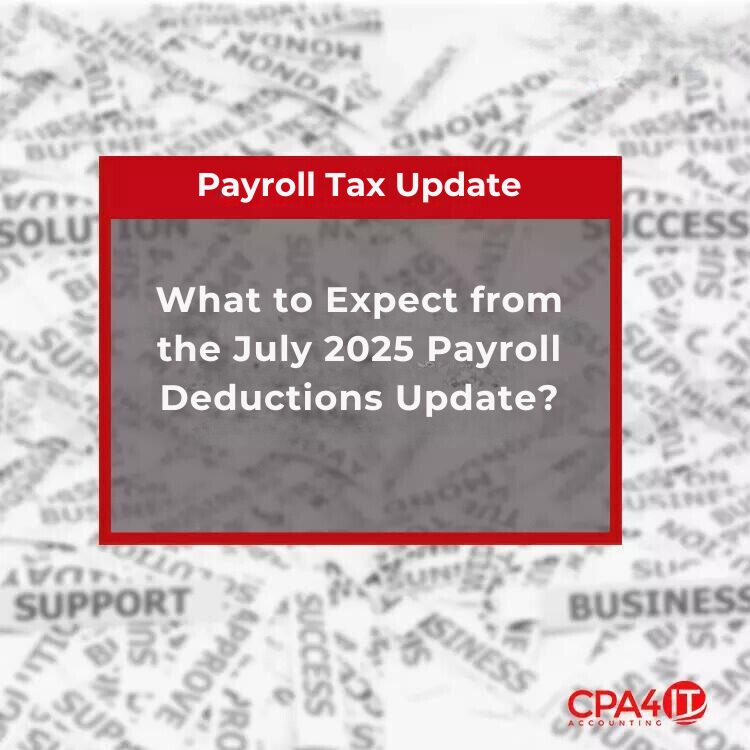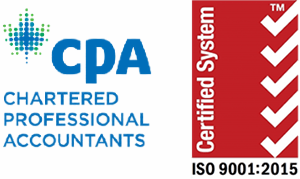Determining the value of a business can be a tricky task, and it’s often assumed that the industry a business operates in plays the biggest role in determining its value. However, data from The Value Builder System™ suggests that there are eight factors that drive the value of a business and they are all potentially more important than the industry. To understand how this works, let’s take a look at the example of Jill Nelson, who sold a majority interest in her $11 million telephone answering service, Ruby Receptionists, for $38.8 million.
This may seem like a lot of money for answering the phone on behalf of independent lawyers, contractors, and plumbers across America, but when compared to the average multiple offered for similar businesses in the administrative support industry, it becomes clear that there were factors that made Nelson’s business much more valuable than her peers.
At Value Builder, they have worked with more than 30,000 businesses over the last five years. They have clients complete a Value Builder questionnaire which covers 35 questions that allow them to place an estimate of value on a company. The average value for companies starting with them is 3.6 times pre-tax profit and those who graduate their program with a Value Builder Score of 80+ (out of a possible 100) are getting an average of 6.3 times pre-tax profit. However, when they isolate the administrative support industry that Ruby Receptionists operates in, the average multiple offered for these companies over the last five years is just 1.8 times pre-tax profit.
So what made Nelson’s business so valuable? There are three key factors that contributed to this high valuation:
- Cultivating a Point of Differentiation: Acquirers don’t buy what they can easily build themselves. If your main competitive advantage is price, an acquirer will likely conclude that they can simply set up shop as a competitor and win most of your price-sensitive customers away by offering a temporary discount. In the case of Ruby Receptionists, Nelson invested heavily in technology that ensured that no matter when a client received a phone call, her technology would route that call to an available receptionist. Her competitors were mostly low-tech mom and pop businesses who often missed calls when there was a sudden surge of callers. Nelson’s technology could handle client surges because of the unique routing technology she had built that transferred calls efficiently across her network of receptionists. Nelson’s acquirer, a private equity company called Updata Partners, saw the potential of applying Nelson’s call-routing technology to other businesses they owned and were considering investing in.
- Recurring Revenue: Acquirers want to know how your business will perform after they buy it. Nothing gives them more confidence that your business will continue to thrive post-sale than recurring revenue from subscriptions or service contracts. In Nelson’s case, Ruby Receptionists billed its customers through recurring contracts which made a buyer confident that her company has staying power.
- Customer Diversification: In addition to having customers pay on recurring contracts, the most valuable businesses have lots of little customers rather than one or two biggies. Most acquirers will balk if any one of your customers represents more than 15% of your revenue. At the time of the acquisition, Ruby Receptionists had 6,000 customers paying an average of just a few hundred dollars per month. Nelson could lose a client or two each month without skipping a beat, which is ideal for reassuring a hesitant buyer that your company’s revenue stream is bulletproof.
In conclusion, Nelson built a valuable company in a relatively unexciting, low-tech industry, proving that how you run your business is more important than the industry you’re in. The three factors outlined above are just a few examples of how a business can increase its value, and they are all things that any business can focus on to drive up the value of their company.
It’s also worth noting that these factors are not mutually exclusive and can often work together to create a stronger overall value proposition for a business. For example, a point of differentiation that is based on a technology that generates recurring revenue and is sold to a diversified customer base will likely be viewed as more valuable than a business that only excels in one of these areas.
Additionally, these factors are not the only ones that drive the value of a business. The Value Builder System™ has identified eight key factors that drive the value of a business, including the company’s financials, its scalability, the quality of its management team, and more. By focusing on these factors, business owners can improve the overall value of their company and make it more attractive to potential acquirers.
In short, while industry certainly plays a role in determining the value of a business, it is not the only factor that matters. Business owners who focus on cultivating a point of differentiation, generating recurring revenue, and diversifying their customer base can increase the value of their business regardless of the industry they operate in.







